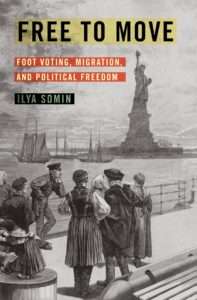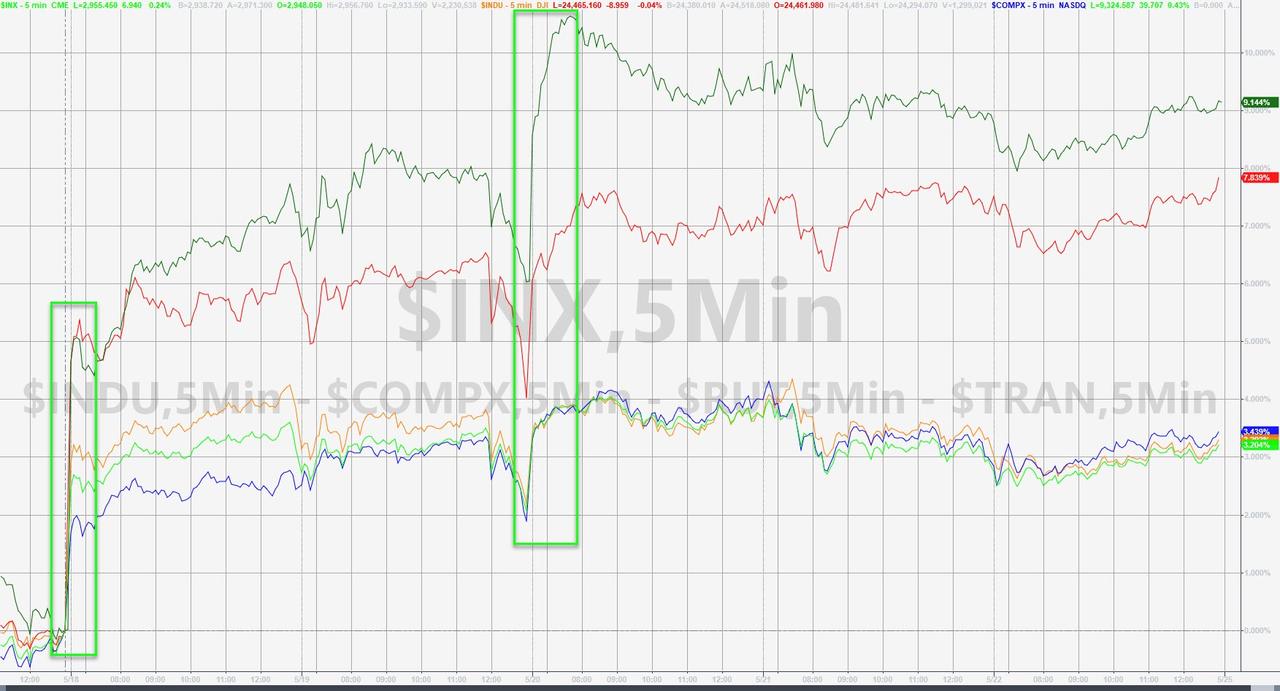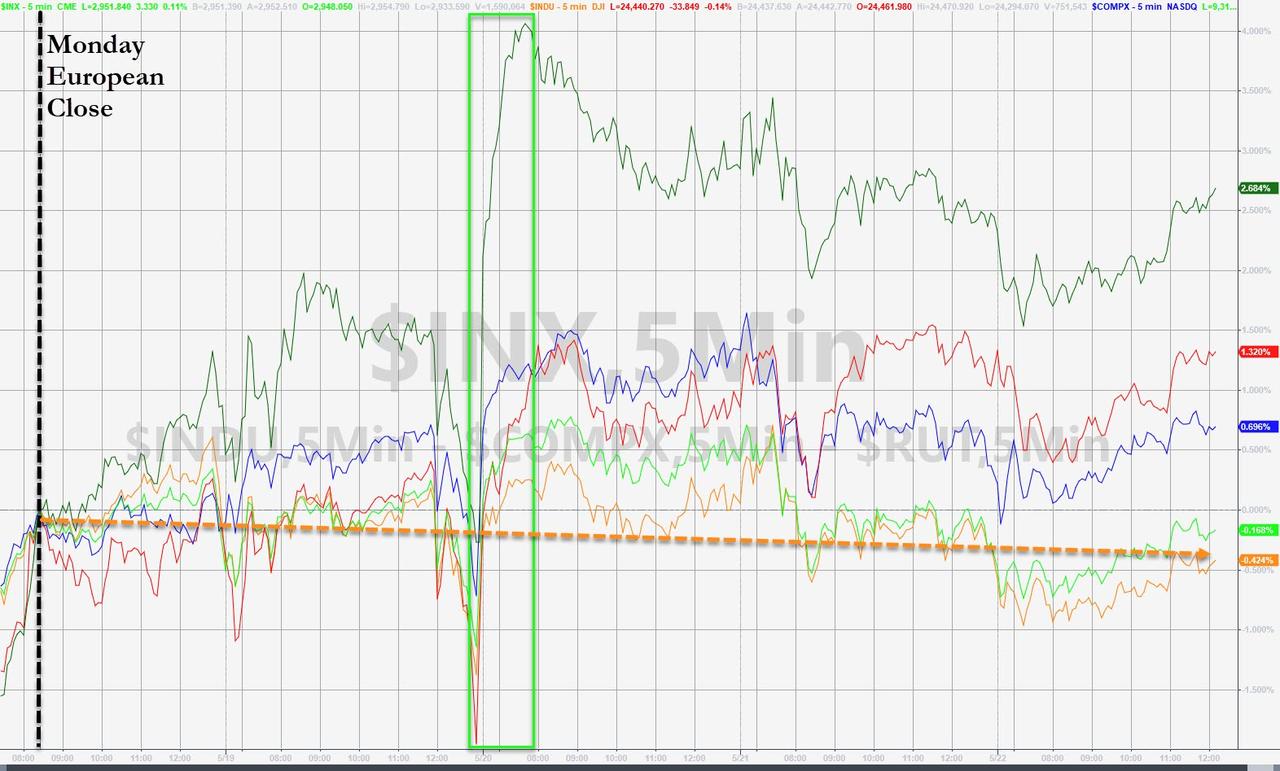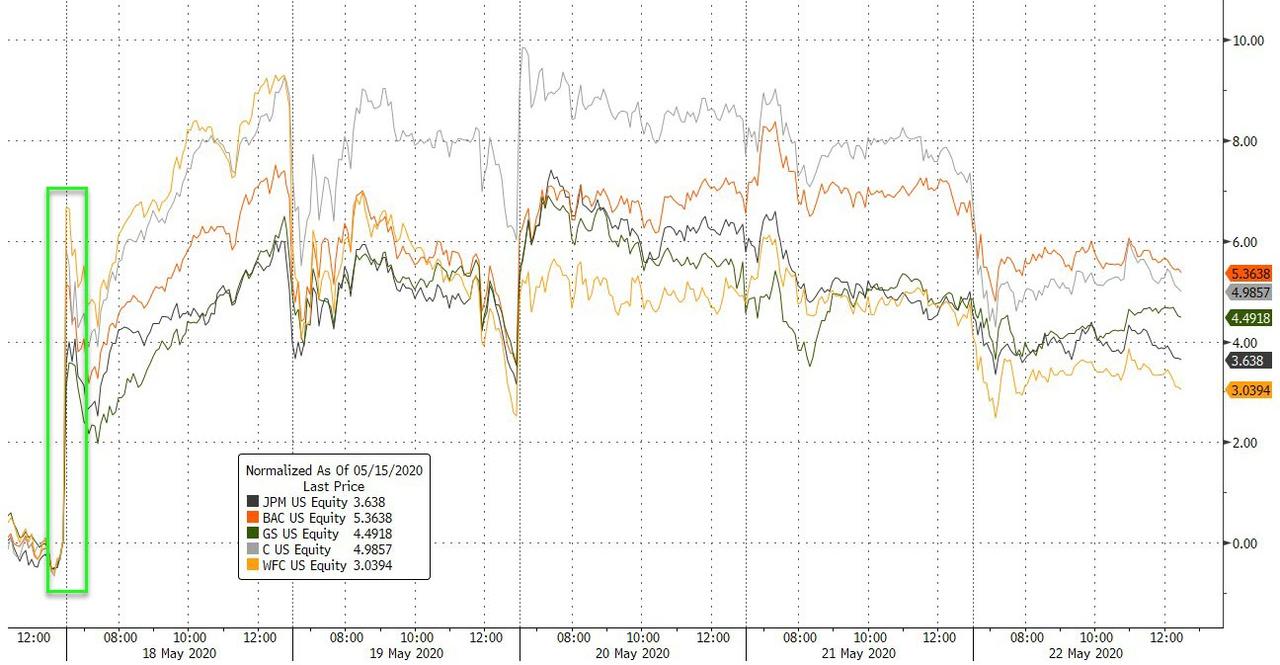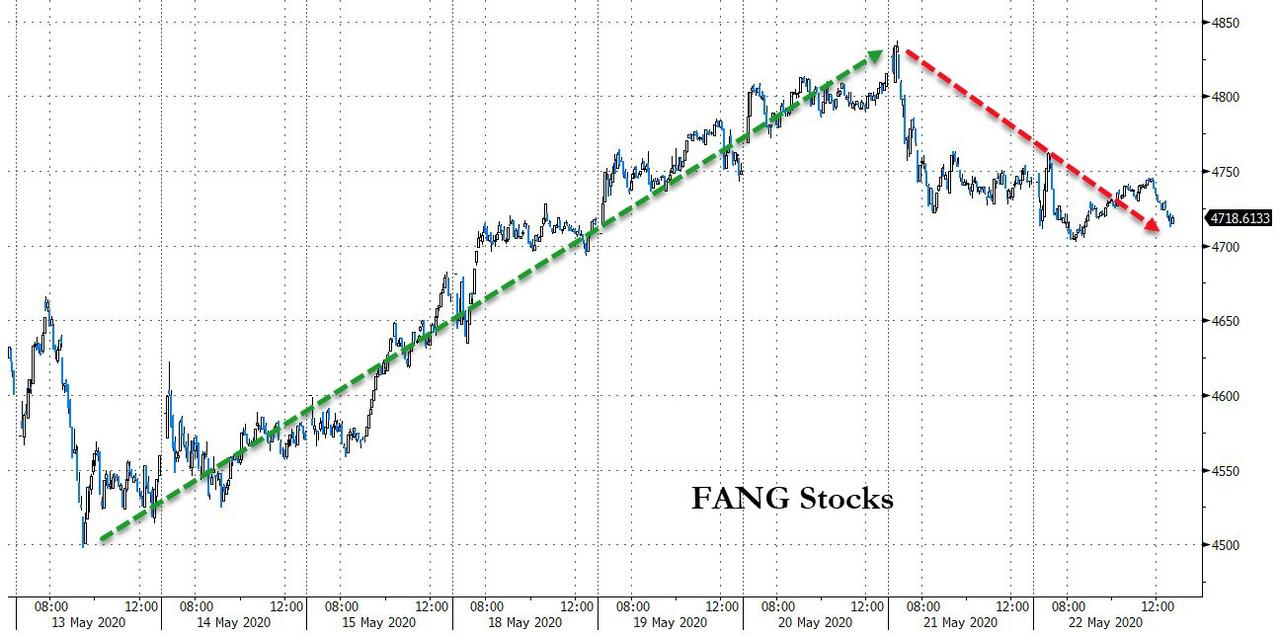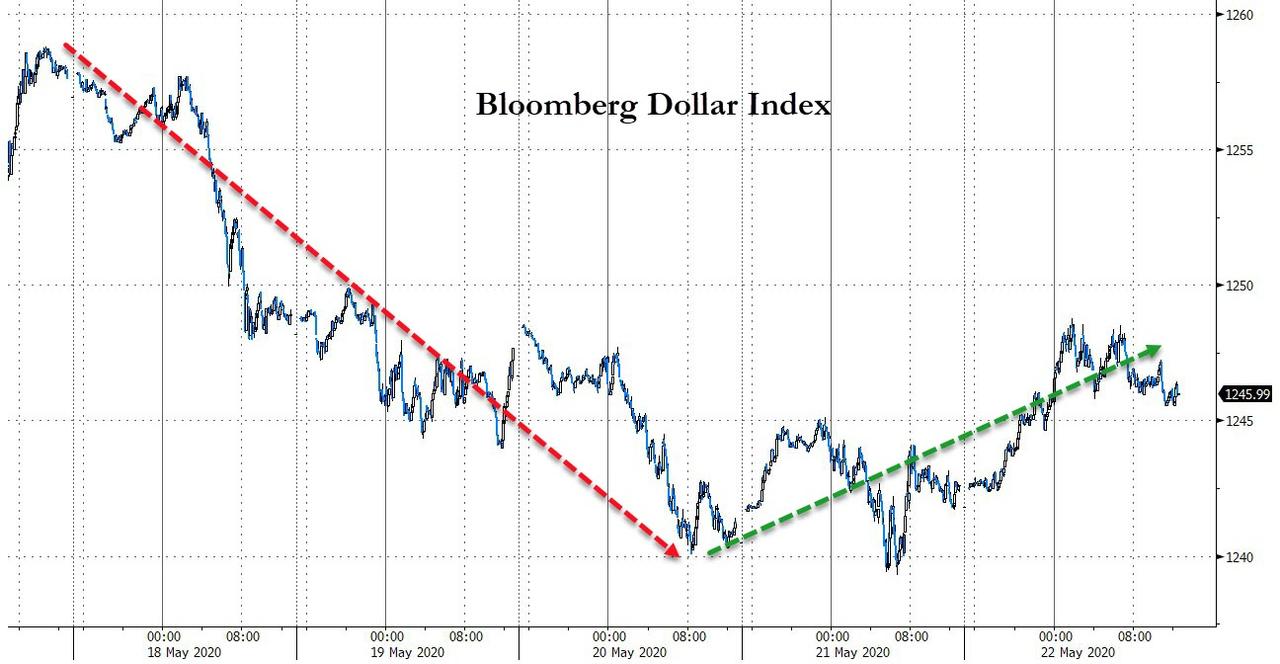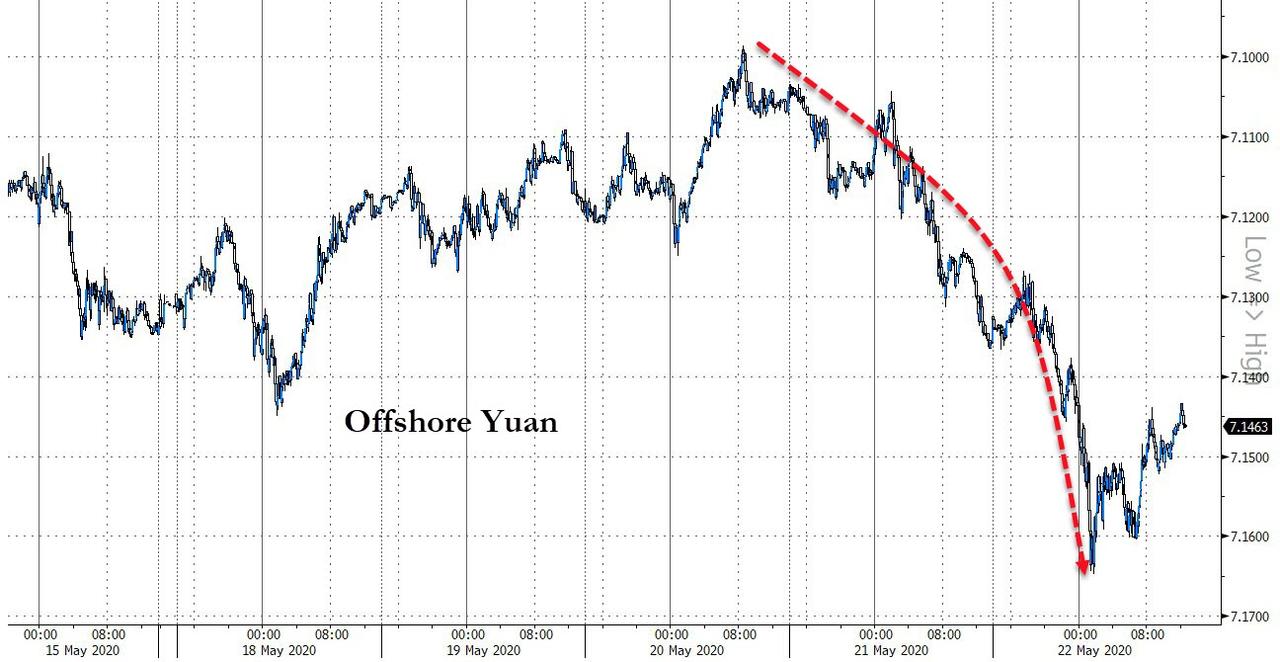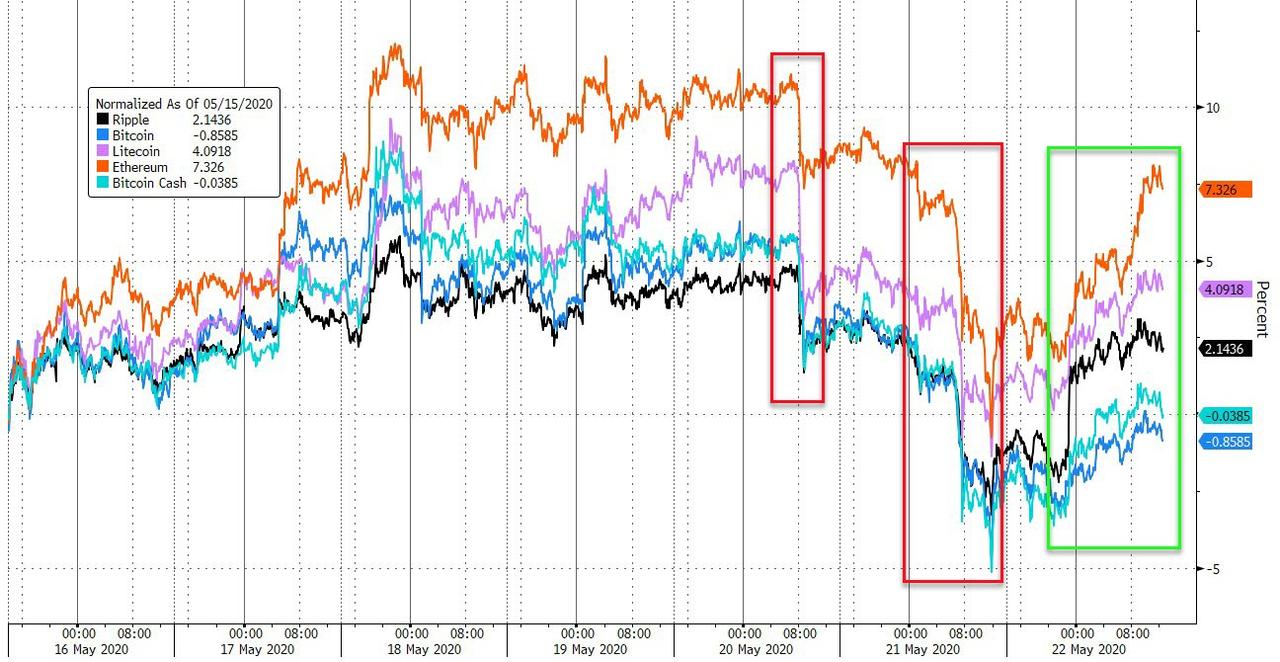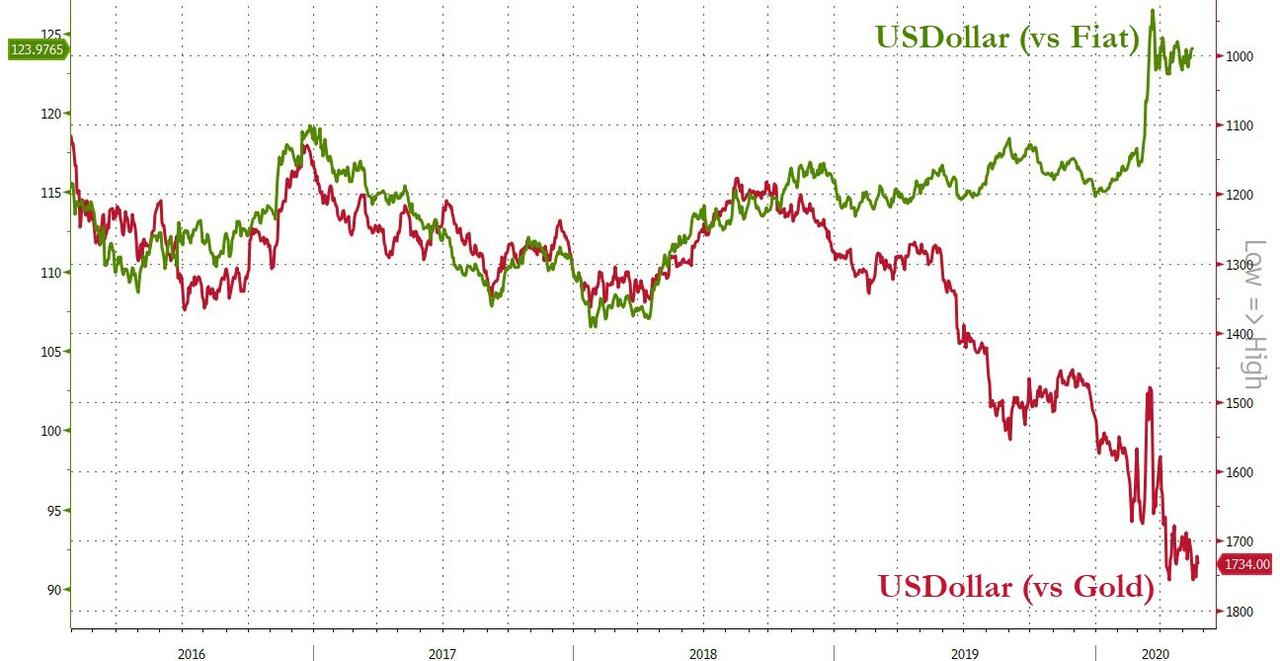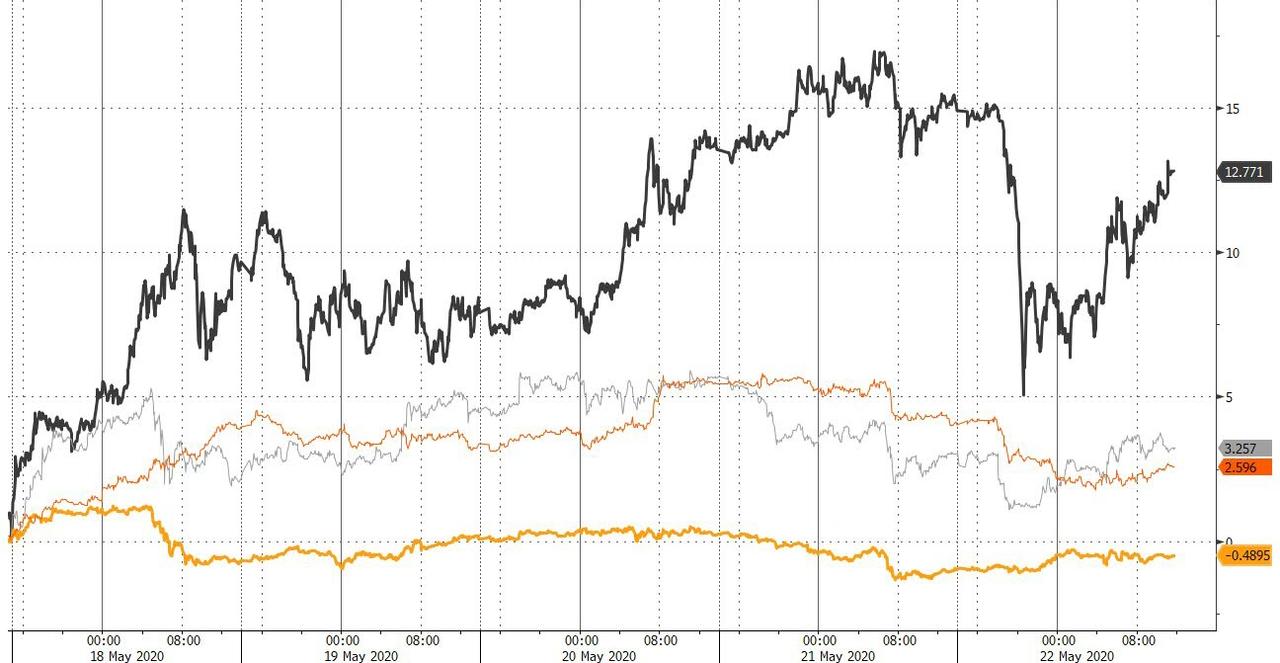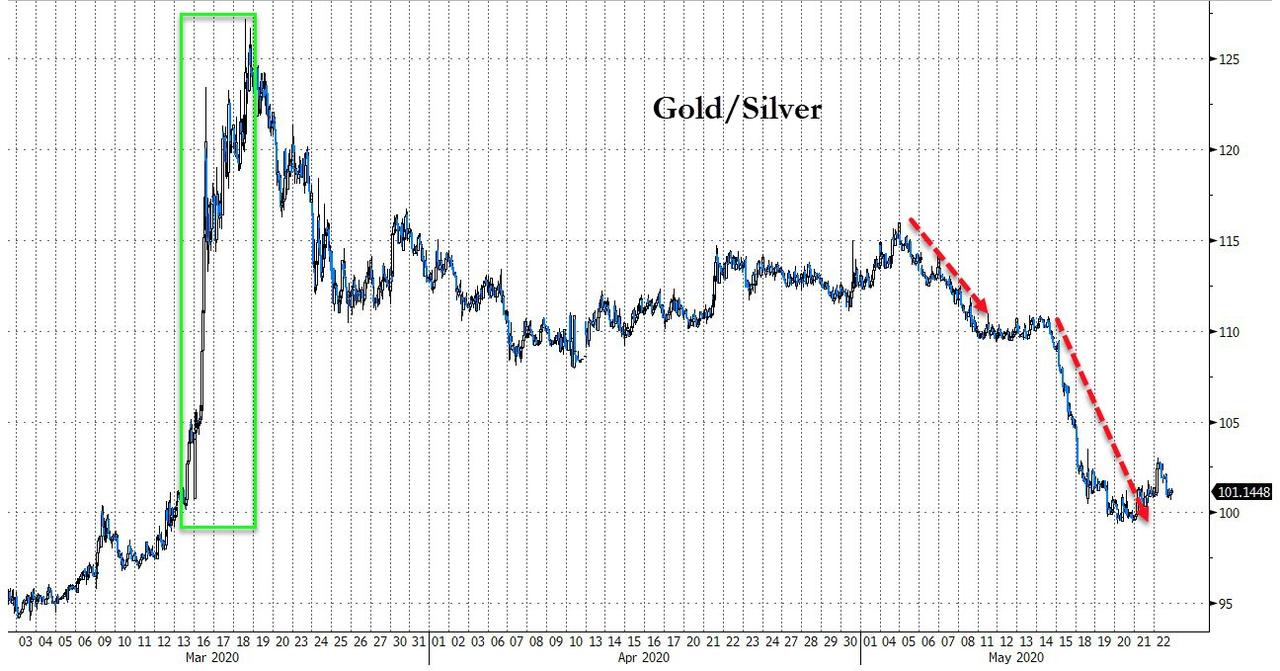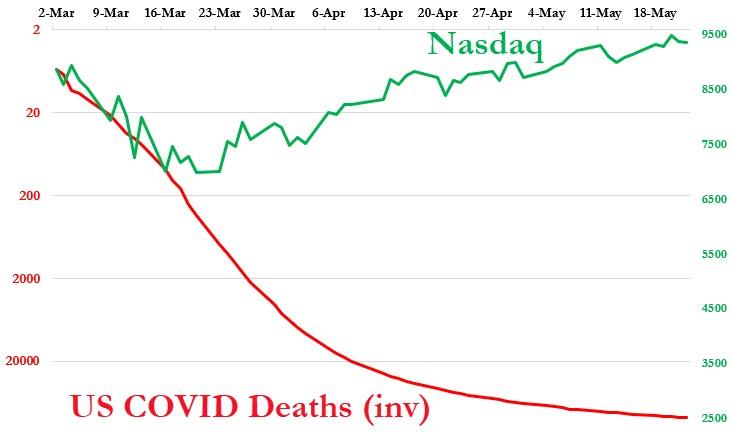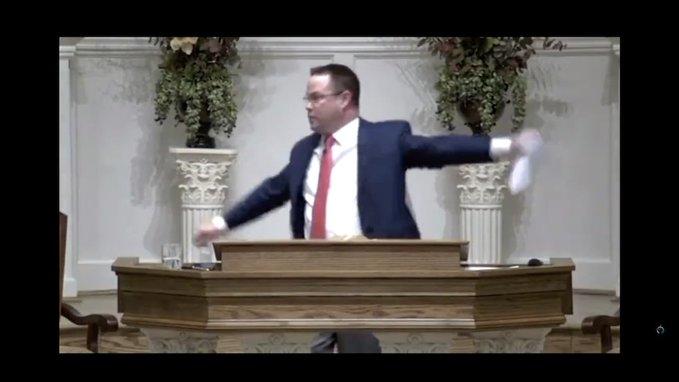An Arizona bill requiring police and prosecutors to get a criminal conviction before they could attempt to force defendants to forfeit their assets died Thursday at the hands of a bloc of mostly Democratic lawmakers.
Civil asset forfeiture is a mechanism that lets law enforcement seize and keep the assets of people believed to have committed crimes. Many states do not require defendants to actually be convicted—or sometimes even charged—with a crime before police take their property. People are thus put in the position of having to prove their innocence in order to get the money back, subverting due process. Meanwhile, police agencies keep the money they seize and sell the other property they take, thus filling in gaps in their budgets.
This leads inevitably to corruption, as cops look for a pretext to stop people, search them or their vehicles, and—if they find large sums of cash or other valuable property—claim it simply must be proceeds from drug trafficking and try to keep it for themselves. This process was sold to the public as a way to fight drug cartels and other criminal kingpins, but in reality most forfeitures are for relatively small amounts taken from underprivileged people who lack the resources to fight back.
Some states have started reforming these laws to require stronger evidentiary thresholds before police could force forfeitures. And some states have changed the rules to demand a criminal conviction before police try to take somebody’s property.
That was what S.B. 1556 in Arizona attempted to accomplish. The state had already reformed its civil asset forfeiture laws back in 2017, requiring a tougher evidence threshold and also keeping cops from bypassing state restrictions on forfeitures by partnering up with the Justice Department. S.B. 1556, sponsored by state Sen. Eddie Farnsworth (R–Gilbert), would tighten the rules further: It flat out requires a criminal conviction before police and prosecutors can attempt a forfeiture, with some exceptions if a defendant dies, flees the state, or abandon the property. The bill passed the Senate unanimously in March.
Then the coronavirus pandemic hit and the state legislature shut down. The Senate ended its session entirely; the House took up some bills this week before ending its session too. The forfeiture reform bill made it out committee earlier in the week, with a small number of Democrats voting no. But when the full House voted on Thursday afternoon, all 29 Democrats, plus 8 Republicans, voted against the legislation.
The partisan politics of asset forfeiture are not exactly cut and dried. In most states where reforms have passed, many Democrats support them in order to stop police from targeting minorities and the poor; other Dems side with police and prosecutors. Conversely, some Republicans support reforms, citing the abandonment of due process and the violation of people’s property rights. But again, some Republicans take the other side.
What’s extremely unusual is for all the Democrats to vote against a forfeiture reform bill, especially after the same legislation passed out of the Senate unanimously. In their explanation for why they voted no, a couple of legislators said the quiet part loud: The pandemic is hurting government budgets, and they don’t want to give up the revenue.
Rep. Kirsten Engel (D–Tucson) said that she understands that asset forfeiture abuse occurs but—in the words of the Arizona Capitol Times—”she could not support such a change without also finding a way to ensure that counties have the money they need. She said the state is in no position to do that now, partly because it already has adopted a budget for the coming fiscal year and partly because the COVID-19 pandemic is going to slash anticipated state revenues by $1 billion or more.” In other words, she wants to use civil forfeiture to finance police departments even if it means the disadvantaged get the blunt end of the stick.
Another lawmaker, Diego Rodriguez (D–Phoenix), said that the money from asset forfeiture proceedings also helps fund public defenders, so cutting that financial stream might cause county supervisors to cut funding for those offices. Paul Avelar, managing attorney for the Institute for Justice’s Arizona office, tells Reason that asset forfeiture money does not, in fact, pay for public defenders in Arizona. Indeed, regulations around forfeiture funds actually prohibit the money from going to anybody but law enforcement.
Regardless, a revenue stream is a thoroughly abhorrent justification for taking people’s property actually convicting them of a crime.
“That as in an indictment of the forfeiture process itself,” Avelar says. “Due process does not turn on government funding. That’s unconstitutional, insane, disgusting.”
The Twitter account for Americans for Tax Reform (which endorsed S.B. 1556) bluntly responded to justifications like Engel’s: “Theft is not okay just because the state budgeted around it.”
Engel must have gotten the message that her argument wasn’t flying. Today she reverted to the familiar claim that asset forfeiture helps punish the bad guys:
We don't want to shove through a bill that abets the efforts of human traffickers, scam artists, and drug cartels to hold onto their dirty money and hurt their victims yet again. We agree reforms are needed but this bill was not the way forward. https://t.co/YjMo7spRRm
— Rep. Kirsten Engel (@EngelForArizona) May 22, 2020
But of course, the reason that people have turned against civil asset forfeiture is because this claim turned out to be untrue. It’s frequently not being used against criminals, because, in fact, hundreds of people being subjected to it in Arizona are never convicted of any crimes.
Engel’s initial justification is a more accurate assessment of why civil forfeiture persists. A 2019 study from the Institute for Justice shows that the more financial stress a community is in, the more forfeiture revenue the police take. Every percentage point increase in a community’s unemployment led to nearly a 10 percent increase in the number of assets seized. During the last recession, asset forfeiture revenues skyrocketed as municipal revenues dropped in some cities and towns.
Did the forfeitures help control crime at the same time? Nope: The Institute for Justice’s report also found that asset forfeiture did not reduce either crime or drug use.
Lauren Krisai, a senior policy analyst at Justice Action Network, was frustrated by the bill’s strange defeat.
“It’s disappointing that House Democrats put petty politics over good policy that they actually agree with,” Krisai says. “This bill would have protected the most vulnerable Arizonans from having their property seized without due process. That’s something that you’d think both parties would agree to. “
After killing the bill, the House adjourned for the session. So the vote cannot be reconsidered. The legislation will have to be reintroduced next term.
from Latest – Reason.com https://ift.tt/2LQsDOv
via IFTTT
